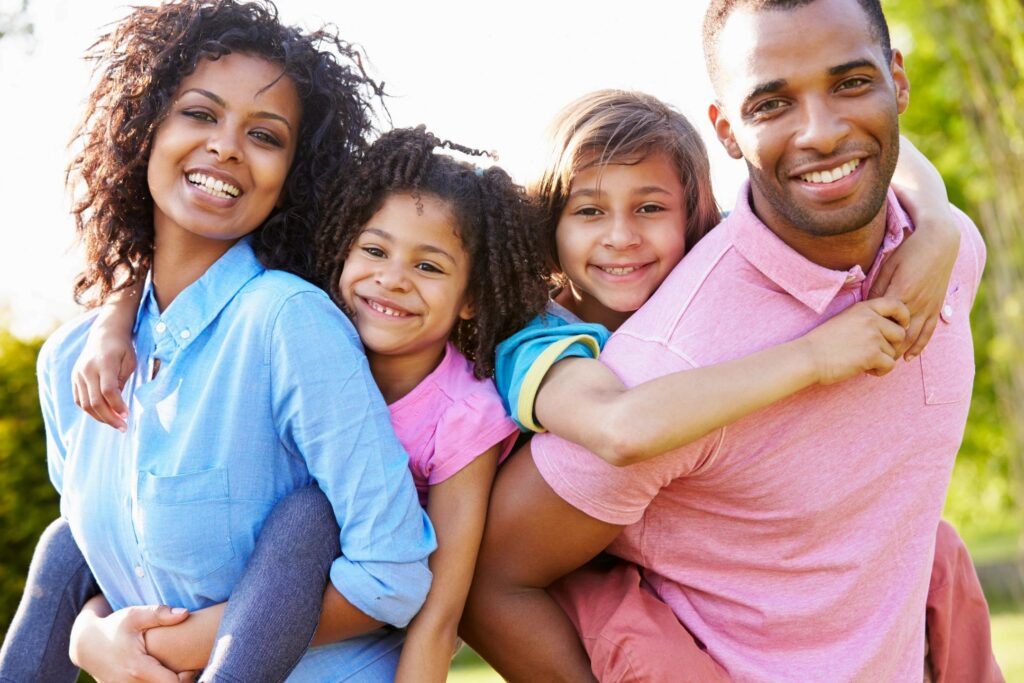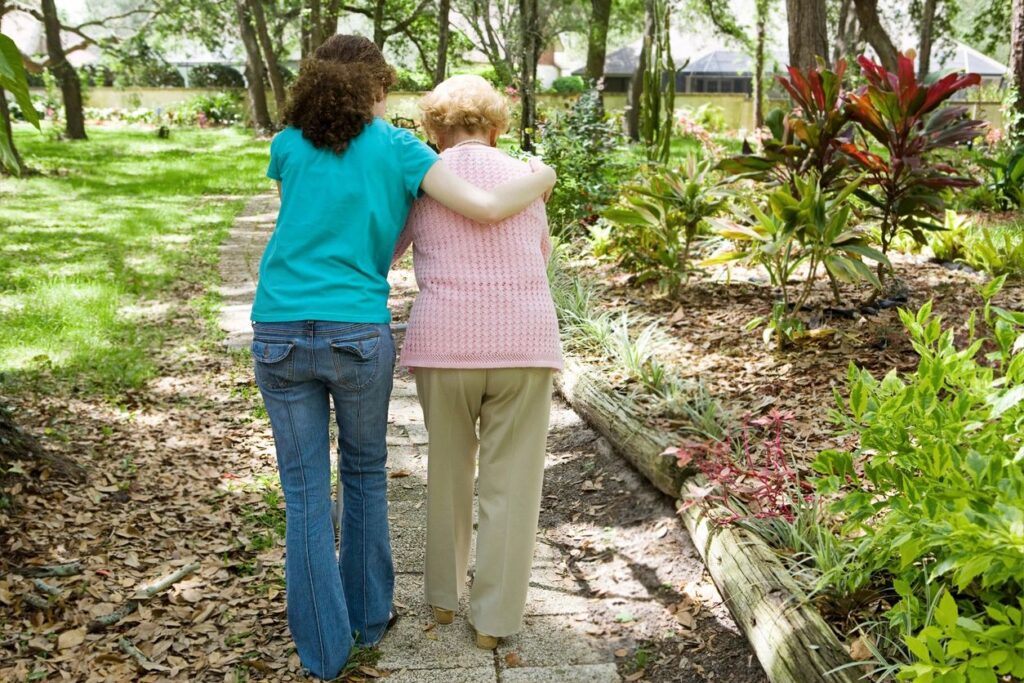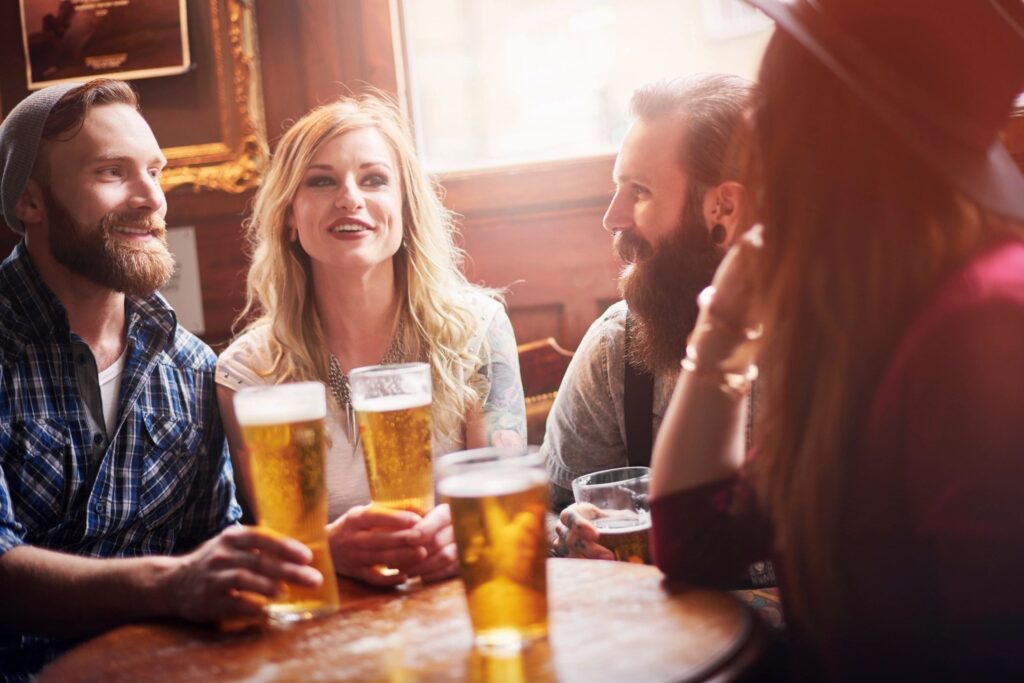Posts Tagged ‘Relationships’
Family Connectedness Predicts Teen Coping Skills
The family someone comes from can shape how they relate to the world around them – including how they cope with stressful situations, as it turns out. A new study from researchers in Canada and New Zealand suggests that the sense of connection teenagers have with their families foreshadows the coping skills they will develop,…
Read MoreWhat Sets Good Liars Apart?
Everyone can lie, but not everyone can lie well. In fact, some research suggests that the demeanor of a liar is the most important factor in whether lies are detected, possibly more important than the deception detection abilities of the person being lied to. To learn more about the people who lie most effectively, a…
Read More“Thank You” Can Change How People See You
If your parents told you to always say your thank yous when you were growing up, chances are they understood on some intuitive level that these two simple words carry a lot of power. Now there’s some science to back that idea up. A study published in Journal of General Psychology asked 136 participants to…
Read MoreIs Your Phubbing Hurting Your Kids?
“Phubbing” is an invented word for a phenomenon we all know to be quite real: the act of snubbing someone by burying your face in a smartphone. Psychologists have previously tied phubbing to worse mental health and less social connectedness. Now, a study adds evidence that phubbing can be bad for families too, with parents’…
Read MoreSocial Anxiety May Disrupt Conversational Synchrony
Although people with high levels of social anxiety don’t necessarily leave as bad an impression as they think, there is some evidence that those without social anxiety receive more favorable assessments overall when meeting new people. As the authors of a recent study point out, this is the irony of social anxiety: being afraid of…
Read MoreQuality and Quantity of Social Interactions Both Matter for Happiness
It seems obvious that having fulfilling social interactions with other people makes a difference in how happy we are. Less obvious is what makes for fulfilling social interactions, and how that varies from one person to the next. When psychologists study people’s social interactions and relationships, there’s always a question of whether quantity or quality…
Read MoreHelping Others Is a Link Between Self-Control and Life Satisfaction
Last week, I wrote about the health and mental health benefits of volunteering. Today brings us another study on the theme of helping others being a good way to help yourself. If all this talk about the benefits of helping others is starting to sound a little preachy, don’t blame the messenger! It just happens…
Read MoreStudy Sheds Light on Link Between Self-Esteem and Interpersonal Relationships
The advice that other people will like you more if you like yourself sounds reasonable enough, and there’s some scientific basis for saying that it’s true. Psychology studies have tended to show that people with higher self-esteem have stronger interpersonal relationships. Still, it’s been unclear why that’s the case. Do people with higher self-esteem subsequently…
Read MoreWhat Socializing and Drinking Today Mean for Mood Tomorrow
Socializing and consuming alcohol are two activities that often go together. Both also have the potential to alter your mood – so it can be hard to untangle whether you’re feeling the effects of one or the other! For psychology researchers, this complicates the question of studying how socializing and drinking change people’s moods. Things…
Read MoreWhen Do Children Learn to Influence Others With Gifts?
Adults give gifts for different reasons, some of which are altruistic, and some of which are less so. One of the less altruistic reasons adults give gifts is when they want something in return. So when do children learn that they can influence other people with gifts? A team of psychologists explored this question in…
Read More








